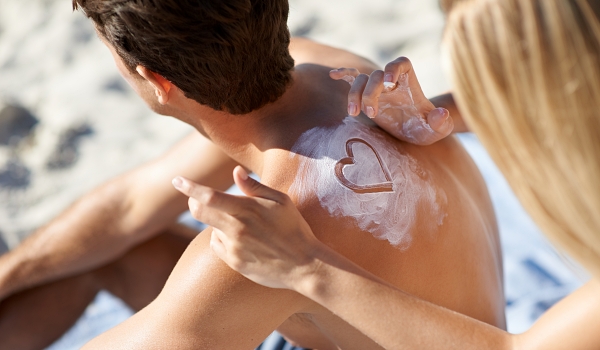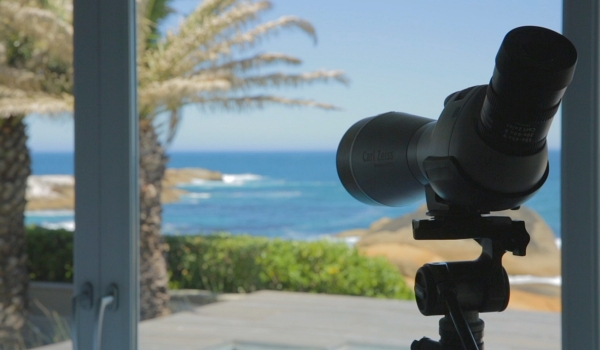
Sunscreens for skin cancer prevention
Skin cancer incidences are growing and will continue to present a health issue due to high sun exposure in both outdoor recreational and occupational activities. UV filters in sunscreens reduce sun rays penetrating the skin by up to 97%, resulting in a lower risk of sunburn and developing skin cancer. This benefits the health and wellbeing of citizens and lowers costs for health systems, making UV filters an essential part of any skin cancer prevention strategy.
Read more








